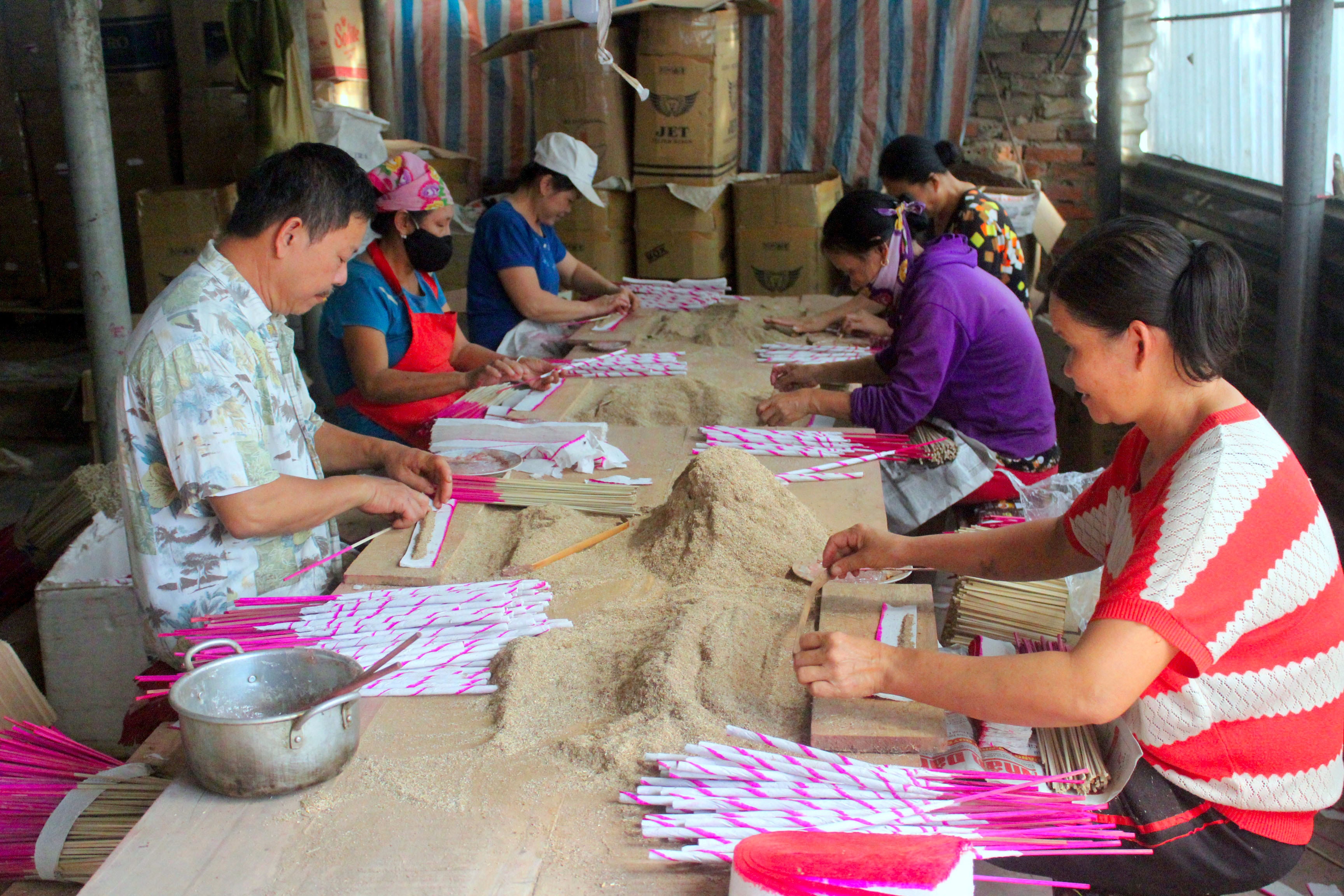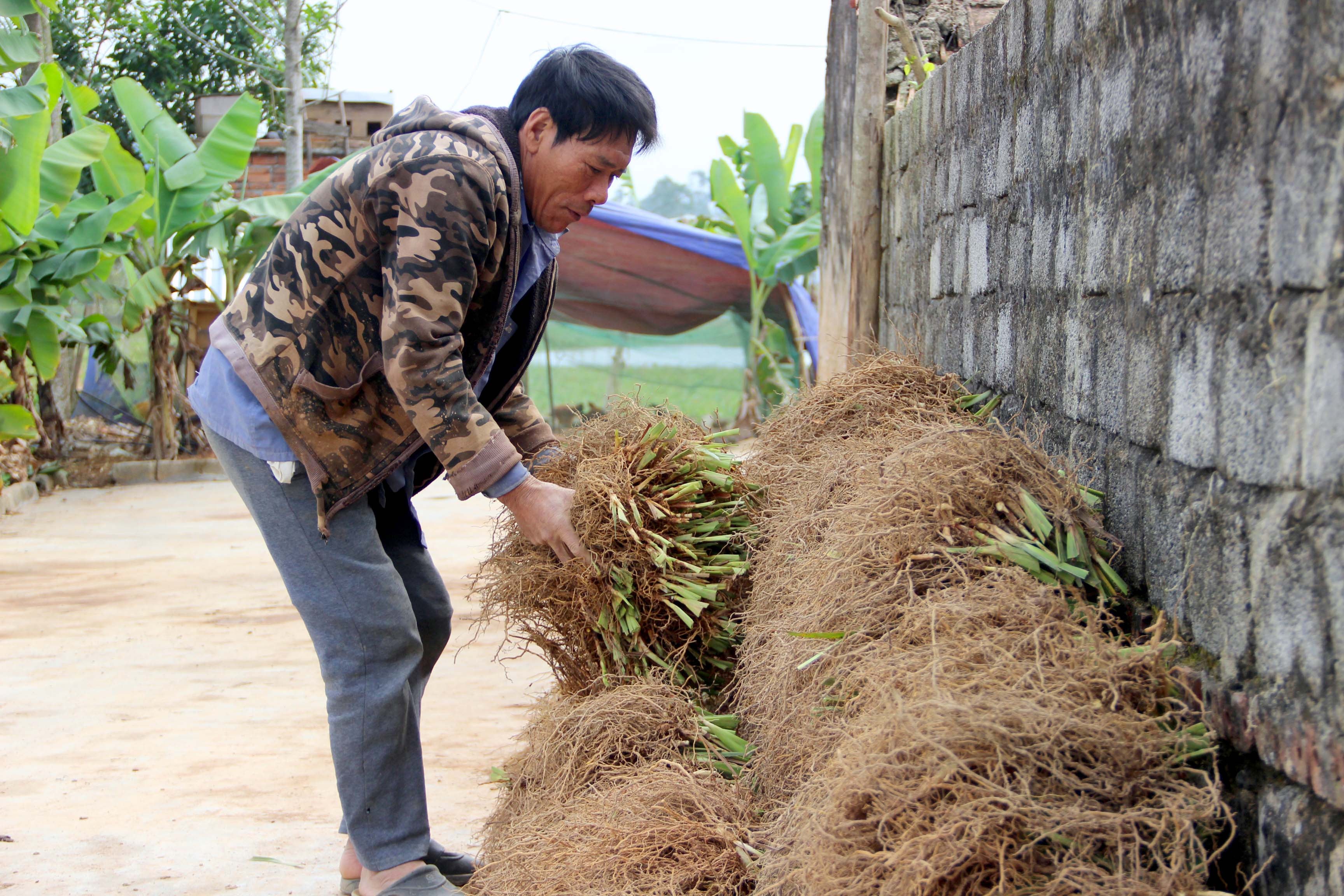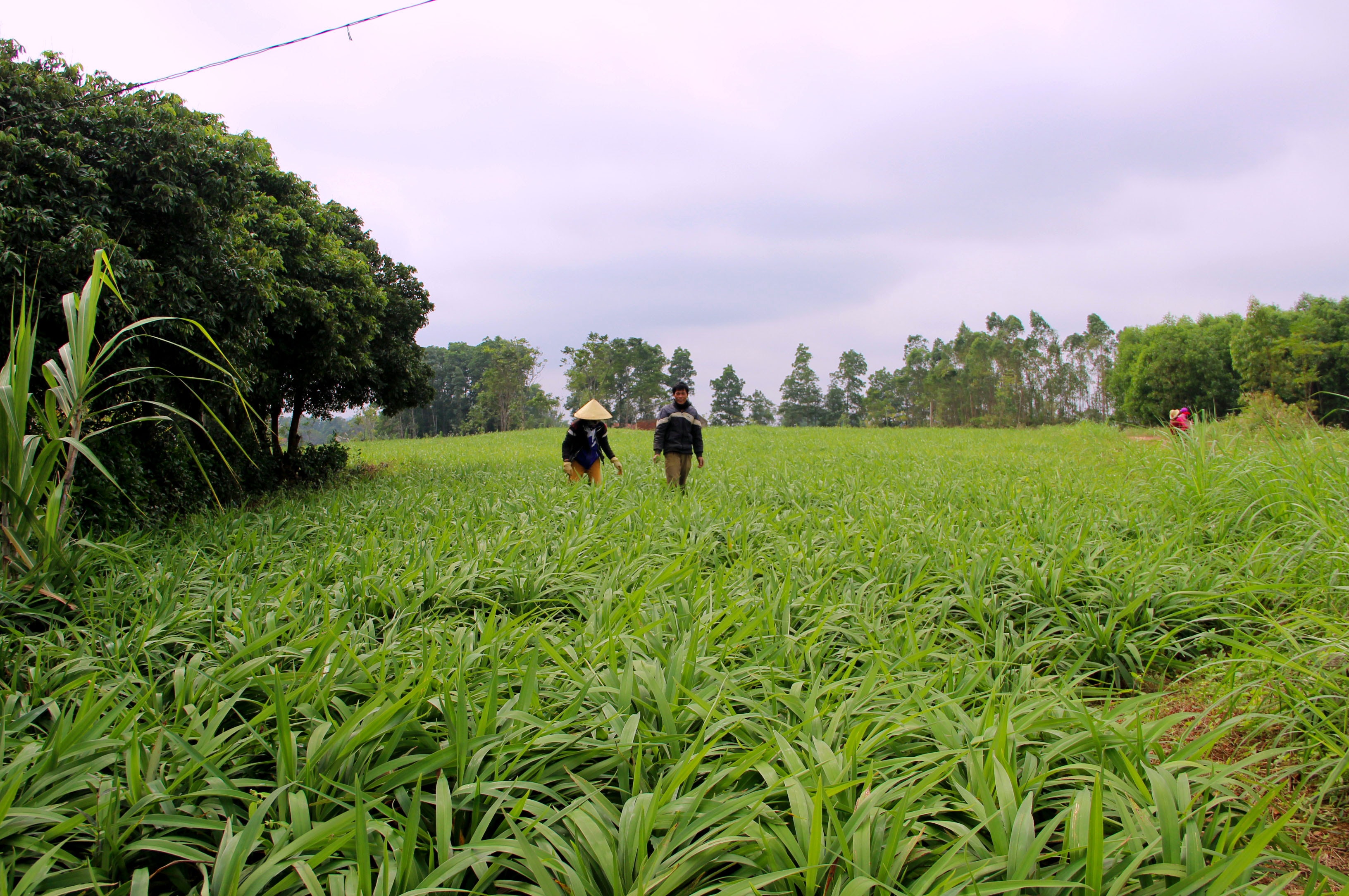High raw material prices cause difficulties for Nghe An incense craft village
There are only about 3 months left until Lunar New Year. At this time, the "capital of incense" Quy Chau has begun production for the Tet season. However, the high price of raw materials has caused difficulties for many craft villages.
Every year, at the beginning of the 10th lunar month, Ha Loan incense production facility in Tan Lac town, Quy Chau district becomes bustling because it is entering the main business season of the year.

Ms. Tran Thi Loan, the owner of the facility, said: The historic flood last year severely affected our production and business, causing output to decrease. Therefore, this year, all family members prepared goods early and increased production to meet the demand for Tet.
However, the production of incense is facing difficulties at this time, especially the price of incense roots - the main ingredient to make incense - has increased to a record high. "Last year, the price of dried incense roots fluctuated from 40,000 - 45,000 VND/kg, but at the beginning of this season it has skyrocketed to 60,000 VND/kg, the highest in many years," said Ms. Loan.

According to calculations, each year, Ms. Loan's facility imports about 15 tons of incense roots, with the current cost, it will have to spend nearly 1 billion VND on raw materials, an increase of about 30% compared to previous years.
Making incense sticks requires not only incense roots but also other ingredients such as cypress, cloves, cinnamon, star anise... not to mention the cost of rolling paper, labor... while the market price remains unchanged, this will be a difficult problem for large-scale producers like us.
Ms. Tran Thi Loan, owner of an incense facility in Quy Chau
That is also a common concern of incense producers in Quy Chau district. Ms. Pham Thi Uyen in Chau Hanh commune is also struggling with the rising price of raw materials. Ms. Uyen said: The area of agarwood roots in Quy Chau district is very small, not enough for people to produce agarwood, so we mostly import raw materials from districts such as Quynh Luu and Thanh Chuong. This year, the price of agarwood roots has skyrocketed, so the family is having to recalculate the production plan and output to balance and avoid losses...

Quy Chau is considered the "capital of incense" in Nghe An. There are 6 recognized incense villages here, including block 1, block 2, block 3, Tan Huong block 1, Tan Huong block 2 in Tan Lac town and Hanh Tien village, Chau Hanh commune. At this time, incense production facilities have started the Tet season.
According to statistics of Quy Chau district, the annual output of incense is about 80 - 90 million incense sticks, the revenue is over 20 billion VND, creating stable jobs for local children, contributing to hunger eradication and poverty reduction. However, this year is expected to be a difficult year for this traditional profession, besides the high price of raw materials, finding workers is also not easy because the young people today have all gone to work far away.
It is known that Quy Chau district has also considered expanding the area of agarwood roots as one of the important tasks in creating raw materials for craft villages. By 2025, the district strives to increase the area of agarwood roots to 200 hectares, however, the expansion of the area still faces certain difficulties due to the specific terrain as well as the lack of mechanization in production.

Quynh Thang mountainous commune, Quynh Luu district is considered the locality with the largest area of incense roots in Nghe An province with 350 hectares. Mr. Le Van Nga - Chairman of Quynh Thang Commune People's Committee said: Currently, we are entering the peak harvest season of incense roots to import for incense production villages in and outside the province. The local selling price according to the survey at this time is 50,000 VND/kg, if through traders to consumers, the craft village can reach up to 60,000 VND/kg. The reason is partly due to the erratic weather recently, affected by floods and rains, causing the yield of incense roots to decrease, and the supply is uneven, causing the price to increase.
